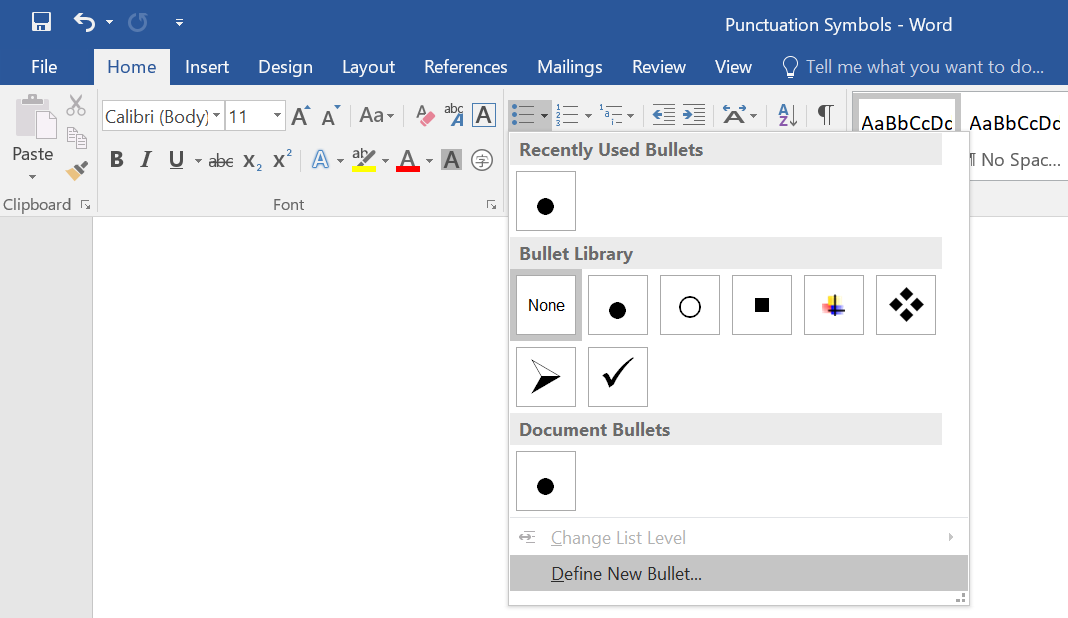


What about upside down exclamation points?

You can find upside down question marks, and exclamation points used not only in Spanish but also in related Iberian languages such as Galician and Catalan. The Spanish language began using inverted punctuation in the 18th century upon the recommendation of the Real Academia Española (Royal Spanish Academy). Upside down punctuation is a relatively recent development in Spanish. Which languages use upside down question marks? In fact, Spanish language learners often remark that inverted punctuation is so useful, they wish other languages would adopt the practice. This inverted punctuation also allows for the combination of both question marks and exclamation points, something for which there is sadly no equivalent in other languages such as English. ❺dónde vas, Cristina? (Where are you going, Cristina?) Because the interrogative clause comes first in the second sentence, it begins with an upside-down question mark.Ĭristina, ¿adónde vas? (Cristina, where are you going?) In the first sentence, the name of the person proceeds the interrogative clause and is not included in the inverted punctuation. The following example illustrates this point of usage.
:max_bytes(150000):strip_icc()/AccentMenucopy-5bfab399c9e77c00515be053.jpg)
It’s also important to note that the inverted punctuation goes at the beginning of the clause, which means it won’t always be at the front of the sentence. Inverted punctuation is especially critical in Spanish since the syntax of the language means that both statements and questions or exclamations could have the same wording. While the standard punctuation is printed along the baseline of a sentence, inverted punctuation marks such as the upside down question mark descend below the line. This punctuation marks the beginning of interrogative or exclamatory sentences or clauses and is mirrored at the end with standard punctuation. Inverted punctuation such as upside-down question marks or exclamation points are found in the languages of Spain and Latin American Spanish.


 0 kommentar(er)
0 kommentar(er)
